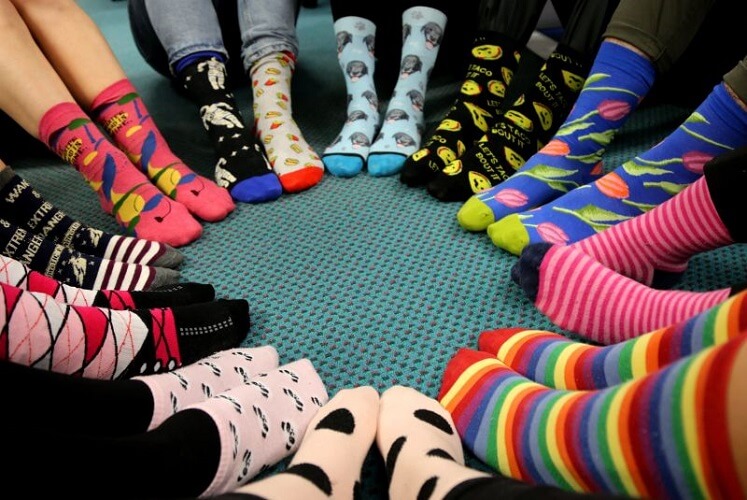Many of us will find ourselves at one stage or another whiling away some spare time by playing games on our phones. Often these are downloaded from the App Store or from the Android equivalent Google Play Store. What is notable about the majority of these games is the interactive and shareable nature of the game mechanics. Think about it for a moment.
How many of these games ask you to share something with friends on Facebook in order to gain rewards? How often are you competing with other players on a leaderboard?

Meanwhile, the majority of ‘free’ online games, in fact, come based on an ‘in-game purchase’ model whereby you can buy game ‘currency’ – whether that be gold or jewels or whatever – to help you to progress. The world of online gaming would like to enjoy some of the immense popularity of these social games, and we are starting to see a move in that direction.
‘Gamification’ is a word that has become more prominent in online gaming circles over the past couple of years. In case you are not familiar with the phrase, it refers to the idea of introducing a fun ‘gaming’ element into the world of gaming. Effectively it is the blurring of lines between the model of traditional online gaming and the social gaming world.

Since the first online casino was launched in the mid-1990s, the idea was to mirror real-world physical casinos in this new virtual environment. Today online casinos are waking up to the fact that the online world does away with restrictions imposed by physical locations, and are embracing the different options that this can provide.
Take the rapidly growing Casumo Casino, for example. This site was founded in 2012 and has already made quite a name for itself within the industry as part of a new wave of forward-thinking and innovative online casinos. While still hosting the same selection of slot games and traditional casino table games as many other casinos, Casumo sought to add a greater element of fun to the site. Hence the rather strange name, and the site design which bears none of the hallmarks of a traditional online casino layout. A more traditional online casino tries to echo a land-based casino with opulent black, purple and red colors and an attractive dealer featuring prominently on the home page. Casumo decided to go a completely different way.
When you sign up with Casumo, you are greeted by an amorphous blob character rather than some prettily smiling croupier. You are then guided on a journey which you will take as you advance in the ‘game’. Basically, this is a player loyalty scheme in a different guise, but one which works particularly well at attracting a younger generation of players. Rizk Casino is another example, allowing players to spin the ‘Wheel of Rizk’ for ever-increasing bonuses as they level up by spending more money on the site. Much more enticing than complex and dull VIP schemes which fail to evoke any sense of fun or entertainment.
Another way to ‘gamify’ online casino games is to introduce an element of competition versus other players. Casumo makes for a good example here as well, as a big feature of this site is the ‘Reel Races’ which take place around the clock every 30 minutes. These are competitions where players must make a certain amount of spins of a particular slot game, and according to how many wins they get during these spins will move up a leaderboard. The higher up you finish before the end of the allotted gaming period, the more free spins are awarded. It mimics the type of formula found across social gaming platforms, which again is a big plus with younger players.

The future is wide open when it comes to the merging of social gaming with casino games but recent developments in land-based casinos point one way the market could go. Skill-based gaming games are currently available in selected US casinos, and if they take off are sure to eventually move online. These are games in which your outcome can be improved based on the skill level of the player, although there will always be an inbuilt profit margin for the casino. One example is a shoot-‘em-up style game where you try to take out robots in a given time-frame. The game is powered by RNGs (random number generators), and sometimes there just won’t be enough robots for you to be able to shoot, but even in that situation, the skillful player will lose less than a weaker shooter.
We are living in interesting times, and the online landscape changes from one year to the next. What is certain is that the online casinos of the future must be flexible, and less constrained by the idea of a traditional Vegas casino. Online casinos can be whatever their clients want it to be, and as virtual tech becomes more affordable and available, it will be fascinating to see how the world of online casinos changes and adapts.








